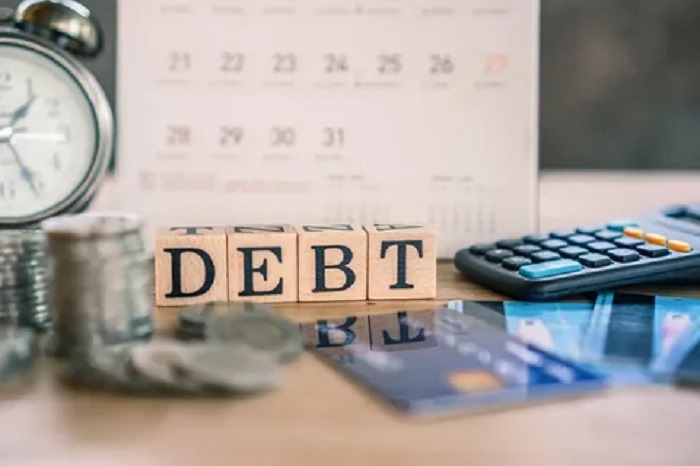12 debt collection strategies you should know about

Debt collection is an essential part of financial management for businesses and individuals alike. Whether you’re a creditor or a debt recovery agency, implementing effective debt collection strategies can make the difference between recovering funds or incurring significant losses. In this article, we’ll explore 12 key techniques you should know about to improve your debt collection efforts.
1. Clear Communication from the Start The foundation of successful debt collection begins with clear, upfront communication between the creditor and debtor. Establish payment terms, deadlines, and consequences for late payments right from the beginning. This reduces misunderstandings and makes the collection process smoother when payments are overdue.
2. Timely Follow-Up One of the most effective debt collection strategies is maintaining a proactive approach by following up on overdue accounts as soon as they become delinquent. Many debts become harder to collect the longer they remain unpaid, so timely follow-up increases the likelihood of recovery.
3. Automated Reminders Using technology to automate reminders can save time and ensure consistency. Automated reminders via emails, texts, or calls can gently prompt debtors to pay their overdue amounts without the need for manual intervention. It’s a helpful strategy for both small and large businesses.
4. Establish a Consistent Collection Process A consistent debt collection process helps streamline efforts and keeps the approach professional and uniform across different cases. Develop a clear step-by-step plan for escalating collection efforts, beginning with reminders and culminating in more formal actions, such as legal proceedings if necessary.
5. Offer Flexible Payment Plans Debtors may not always be able to pay off their debt in a lump sum. Offering flexible payment plans tailored to the debtor’s financial situation can help ensure that you recover the money in installments over time, rather than not receiving any payment at all.
6. Engage a Professional Debt Collection Agency In cases where internal efforts are not yielding results, outsourcing to a professional debt collection agency may be an effective solution. These agencies specialize in recovering unpaid debts and often have the experience and resources to recover funds more efficiently than in-house teams.
7. Use Legal Options as a Last Resort While legal action should be the final step in the debt collection process, it remains a powerful tool. Before initiating a lawsuit, consult with legal professionals to weigh the potential costs and benefits of pursuing the claim. If the amount owed is significant, litigation may be necessary to recover funds.
8. Apply Negotiation Techniques Negotiation is a crucial debt collection technique. Instead of demanding immediate payment in full, engaging in negotiations can help creditors find a middle ground where both parties benefit. Sometimes, agreeing on a reduced settlement amount is better than receiving nothing at all.
9. Use the Power of Documentation Every step in the debt collection process should be documented, from communication records to payment plans. Well-documented interactions ensure that if the matter escalates, you have the necessary paperwork to present in court or during negotiations.
10. Leverage Credit Reporting For serious delinquent accounts, reporting unpaid debts to credit bureaus can motivate debtors to pay. Knowing that their credit score may be negatively impacted can often push them toward fulfilling their obligations. However, be sure to inform the debtor before reporting their debt, as this can serve as an additional incentive.
11. Implement Incentives for Early Payment Offering discounts or other incentives for early payment can encourage debtors to settle their balances sooner rather than later. This debt collection strategy works particularly well for small businesses looking to avoid extended payment delays.
12. Maintain Professionalism at All Times Debt collection can be a sensitive matter, and maintaining professionalism throughout the process is critical. Adopting an aggressive or hostile tone can backfire and lead to damaged relationships or legal challenges. Approach each case with respect and empathy while staying firm on the repayment terms.
Conclusion Effective debt collection requires a combination of proactive strategies, clear communication, and flexibility. By implementing these 12 debt collection techniques, creditors can improve their chances of recovering funds while maintaining positive relationships with their customers. Whether you manage your debt collection efforts internally or partner with a professional agency, these strategies provide a strong foundation for improving debt recovery outcomes.



